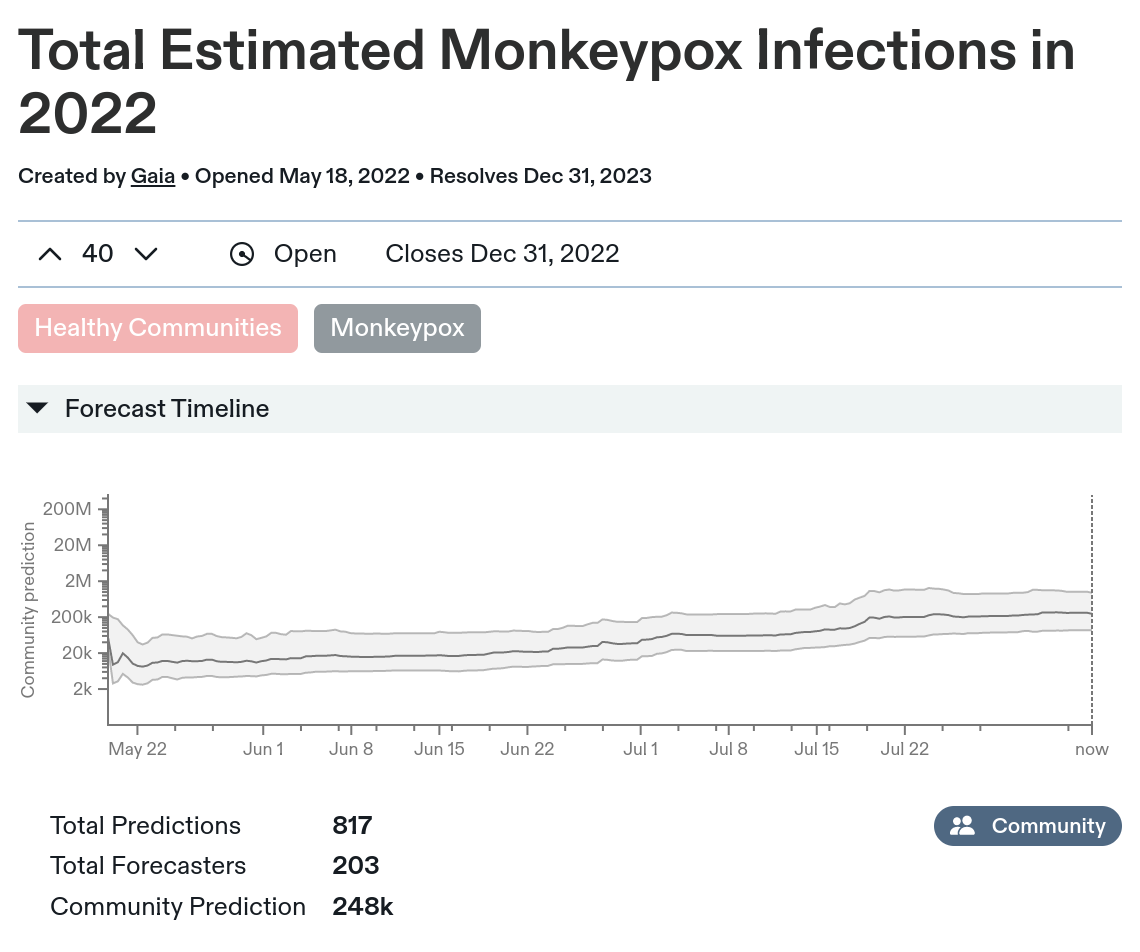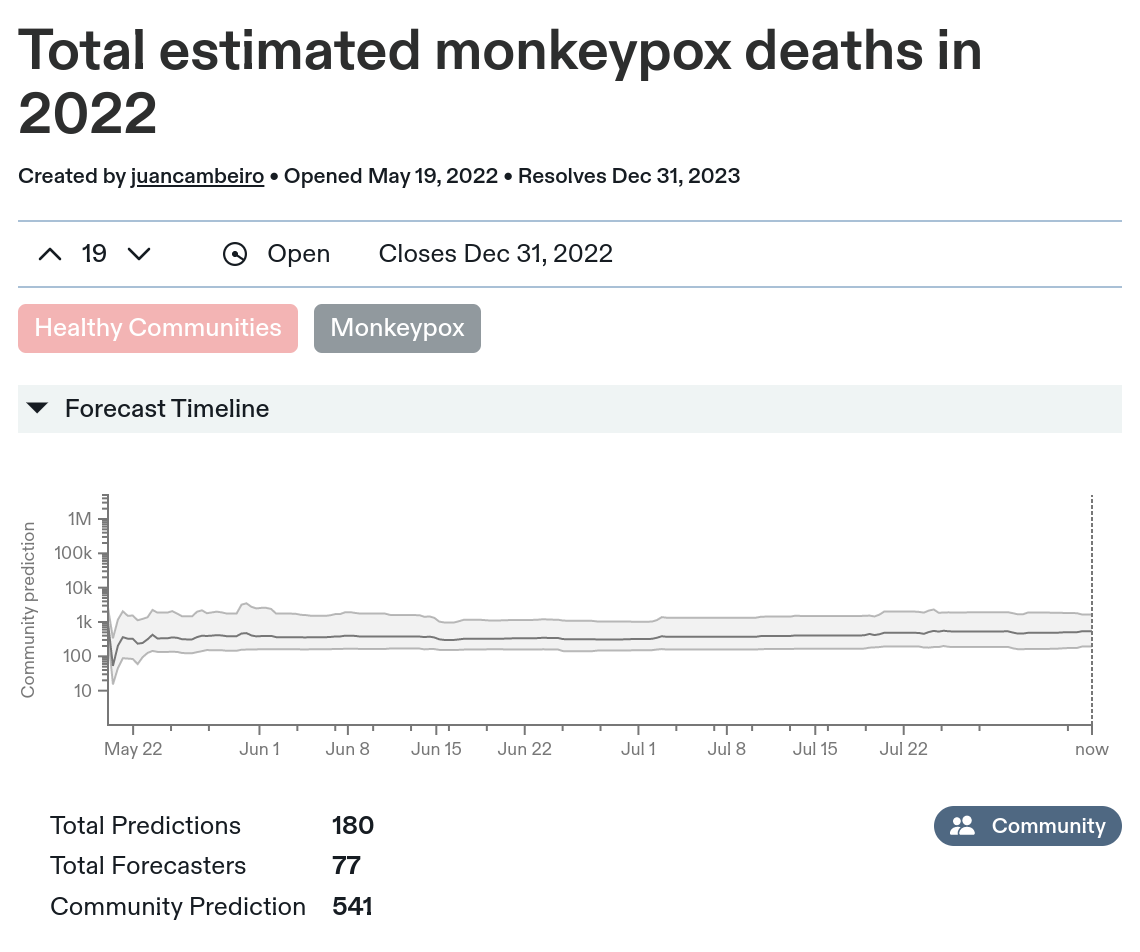"Liquidity" vs "solvency" in bank runs (and some notes on Silicon Valley Bank)
Epistemic status: Reference post, then some evidenced speculation about emerging current events (as of 2023-03-12 morning). A "liquidity" crisis There's one kind of "bank run" where the story, in stylized terms, starts like this: * A bank opens up and offers 4%/ann interest on customer deposits. * 100 people each deposit $75 to the bank. * The bank uses $7,500 to buy government debt that will pay back $10,000 in five years. Let's call this "$10,000-par of Treasury notes", and call that a 5%/ann interest rate for simplicity. (Normally, government debt pays off a bit every month and then a large amount at the end, but that's just the same thing as having a portfolio of single-payout (or "zero coupon") notes with different sizes and maturity dates, and the single-payout notes are easier to think about, so I'm going to use them here.) We're going to assume for this entire post that government debt never defaults and everyone knows that and assumes it never defaults. * The thing you hope will happen is for every depositor to leave their money for five years, at which point you'll repay them $95 each and keep $500—which is needed to run the bank. * Instead, the next week, one customer withdraws their deposit; the bank sells $100-par of T-notes for $75, and gives them $75 back. No problem. * A second customer withdraws their deposit; oops, the best price the bank can get for $100-par of T-notes, right now after it just sold a bit, is $74. Problem. * But next week, let's say, it would be possible to sell another $100-par for $75 again. At this point, the simplified bank is stuck. If it sells ~$101-par of T-notes to return the $75 deposit, it won't have enough to pay everyone else back, even if the withdrawals stop here! But if it doesn't give the depositor back $75 right now, then bad things will start to happen. Equity capital: A liquidity solution So, we fix this problem by going back in time and starting with an extr


(I've got three different comments wearing three different hats; I'll make them all at the top level.)
Comment Hat #3: Involved in an adjacent project to one sub-project mentioned
If I'm being honest, I'm less interested in Lightcone doing this than the other things you've listed. I have a natural bias here, though, as a board member of Manifund, another org in the ecosystem that is interested in (1) running experiments in fund-allocation processes and (2) building bespoke financial infrastructure for unique needs in the community.
I suspect that if we talked for long enough about it, I'd end up believing that:
- diversification of service
... (read more)